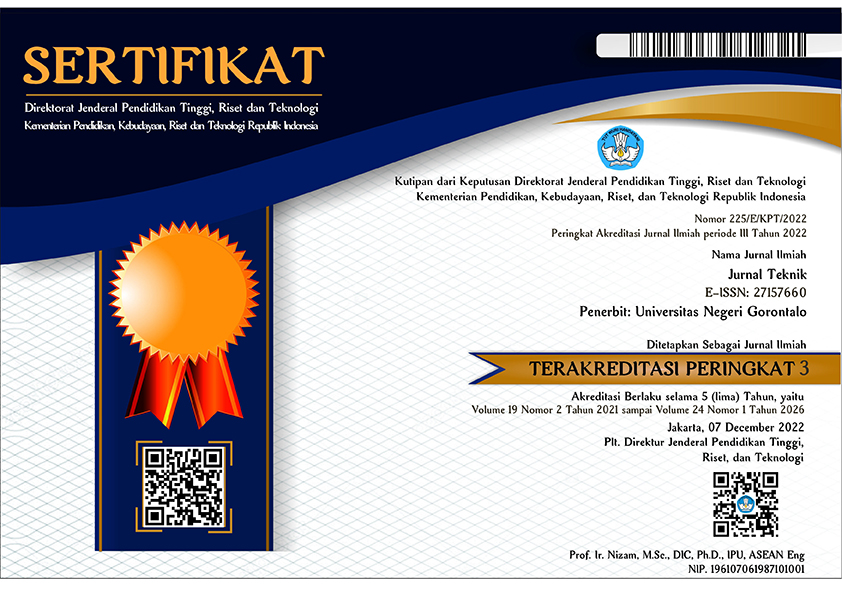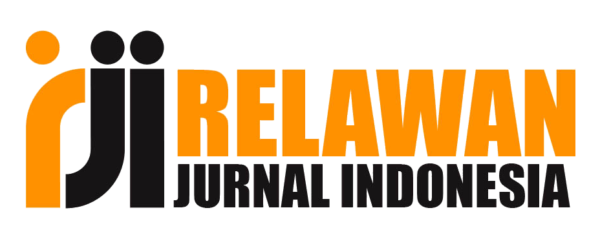Prototipe Aplikasi Pembelajaran Bagi Anak Berkebutuhan Khusus dengan Menerapkan Pendekatan Gamification
Abstract
Outbreaks of Corona Virus Disease (COVID-19) require the entire community to change, including education. The government issued a home study policy to reduce the spread of the virus. For students, studying at home relatively does not pose significant obstacles. Whereas for disabilities students, they need learning methods which able make them think that they are studying at school because there are scheduled lessons such as at school and material content that interests them in learning. So, they can concentrate on receiving the material. All learning processes must make it easier for parents to assist them in learning. This study provides a solution through learning media for disabilities in the form of an android-based application using a gamification approach that utilizes elements of character, challenges, interactive, stories, feedback and freedom to fail. This application presents convenience for parents in creating a child's daily schedule, selecting activities that are suitable for disabilities students and providing space for parent and child collaboration. For children, this application can help to stay enthusiastic in learning like at school in a more fun way. The limited trial application uses the System Usability Scale (SUS) as a benchmark for the perception of system usability, with a result of 85,3 which means it has a grade B grade with an Adjective Rating Excellent.
Downloads
References
Alter, S. (2008). Defining information systems as work systems: Implications for the IS field. European Journal of Information Systems, 17(5), 448-469.
Aribowo, E. K. (2014). Gamification: adaptasi game dalam dunia pendidikan. Prosiding Seminar Nasional Pendidikan ISPI Jawa Tengah. Surakarta, pp. 121-131.
Brooke, J. (2013). SUS: A Retrospective. Journal of Usability Studies, 8(2).
Clark, R.C. & Mayer, R. (2011). E-learning and the science of instruction: proven guidelines for consumers and designers of multimedia learning. San Francisco: Pfeiffer.
Deese, A. (2020). Benefit of Gamification. https://ssee.si.edu, Retrieved May 2020.
Deterding, S., Dixon, D., Khaled, R. & Nacke, L. (2011). From game design elements to gamefulness: defining gamification. Proceedings of the 15th International Academic MindTrek Conference: Envisioning Future Media Environments, MindTrek, pp. 9-15.
Dickey, M. D. (2005). Engaging by design: how engagement strategies in popular computer and video games can inform instructional design. Education Training Research and Development, 53(2), 67-83.
Herrington and Glover, I. (2013). Play as you learn: gamification as a technique for motivating learners. Proceedings of EdMedia: World Conference on Educational Media and Technology, pp. 1999-2008.
Huotari, K. dan Hamari, J. (2012) Defining gamification: a service marketing perspective. Proceeding of the 16th international academic MindTrek, pp. 17-22.
Kapp K. M. dan Coné, J. (2012). What every chief learning officer needs to know about games and gamification for learning, Institute for Interactive Technologies, (pp. 1-5)
Sagirani, T., Sunarto, M.J.D., Hariadi, B., Amelia, T., dan Lemantara, T. (2018). Prototype of Mobile Learning Application (MoLearn) by Utilizing the Gamification Concept. Proceedings of 6th International Conference on MOOCs, Innovation and Technology in Education (MITE), pp.1-5.
Sitzmann, T. (2011). A meta-analytic examination of the instructional effectiveness of computer-based simulation games. Personnel Psychology, 64(2), 489-528.
Zichermann, G. dan Cunningham, C. (2011). Gamification by design: implementing game mechanics in web and mobile apps. Sebastopol: O'Reilly Media.
Copyright (c) 2020 Tri Sagirani, Nunuk Wahyuningtyas, Sri Hariani Eko Wulandari, Wawan W Efendi (Author)

This work is licensed under a Creative Commons Attribution-ShareAlike 4.0 International License.













